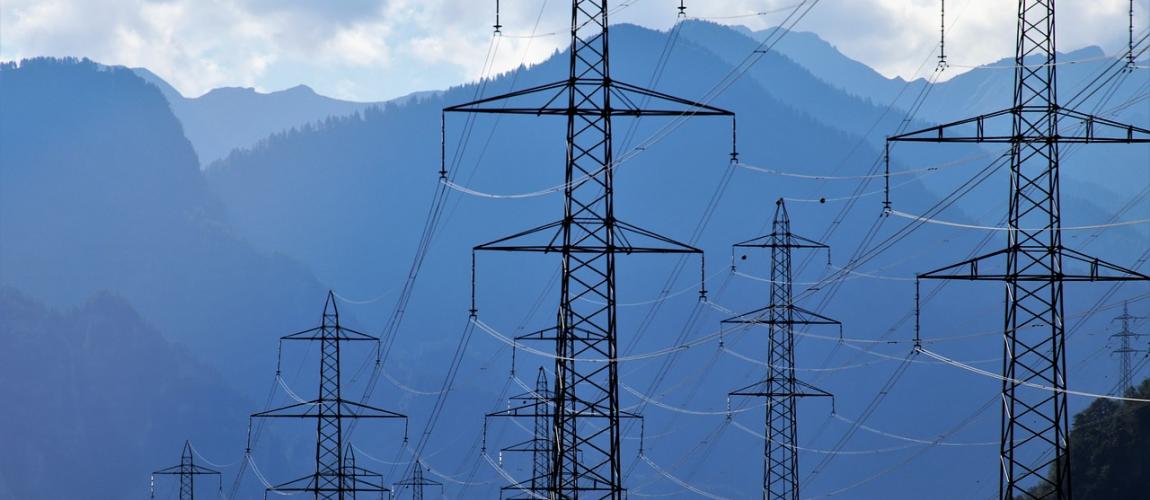Energy and Power PPPs

Photo Credit: Image by pasja1000 from Pixabay
Energy is a broad sector that holds two important yet very different industries: the oil and gas sector and the power sector. The focus of the Public-Private Partnership Resource Center is on public-private partnerships (“PPPs”) that take place in the power sector. Ready access to reliable electricity supply is critical both to sustained economic growth and social welfare. However, power sector projects, particularly the development of power generation and transmission infrastructure is very capital intensive. This is particularly so in many developing economies where demand for electricity is rapidly growing due to population and economic growth and the potential infrastructure gap to meet this demand is large. PPPs provide a useful tool which, if properly implemented, can provide governments with access to private sector capital, technology and expertise. As there are a wide variety of power projects, so PPPs in the power sector also come in different shapes, sizes and structures. There is no one size fits all model. The appropriate methodology and structure for a PPP (or a broader PPP program) will need to be adapted to the particular circumstances of a country or region or, in some cases, of a specific project. Relevant considerations include: the locale of the project(s), including associated local community and environmental considerations; the specifics of the operation, including the technology used for the project (e.g. will the power plant be a conventional gas fired turbine or some cutting edge technology in renewable power generation); the regulatory and broader social economic environment; the objectives of the parties (e.g. is the government’s primary rationale for using a PPP model to access private capital, new technology or something else); investor appetite and risk perception; and access to capital markets. The requirements for a PPP in a specific jurisdiction may also change over time, as its power sector matures. In economies with state operated power sectors, PPPs provide an important means of financing generation projects to meet basic demand. In economies with more deregulated power sectors and mature electricity markets, generation projects are often privately financed (and underwritten by market revenue). In these cases, PPPs may be more relevant to systemic projects which cannot as readily be funded through private finance alone. This section deals with power sector PPP projects and power sector reform, legislation and regulation, and independent power projects (“IPPs”) across a range of different jurisdictions, highlighting the varying roles played by PPPs in the power sector of economies at different stages of development. Navigate the following subsections for more information and sample laws, licenses and agreements. See also: Concession Contracts, Build-Operate-Transfer (BOT), Design-Build-Own Projects PPP Risk Allocation Tool, Global Infrastructure Hub (GIH) 2019 - The tool provides a useful reference source which outlines common risks arising in different types of PPPs and different market approaches to the allocation of such risks.
Updated:
Related Content
Energy Laws and Regulations
Type of ResourceEnergy Licenses and Licensing Procedures
Type of ResourceEnergy Agreements
Type of ResourceRural Electrification Funds: Sample Operational Documents and Resources
Type of ResourceClimate-Smart PPPs
Type of ResourceTheft / Non-Technical Losses (Water and Electricity)
Type of ResourceEnergy & Power PPP Toolkits
Type of ResourceGender & Energy Projects
Type of ResourceFurther Reading on Energy and Power PPPs
Type of Resource
Additional Resources
Concessions Build-Operate-Transfer (BOT) and Design-Build-Operate (DBO) Projects
Type of ResourceManagement/Operation and Maintenance Contracts
Type of ResourceContract Plans / Performance Contracts
Type of ResourceStandardized Agreements, Bidding Documents and Guidance Manuals
Type of ResourceTheft / Non-Technical Losses (Water and Electricity)
Type of Resource
Partner Resources

Renewable Energy Project Resource Centre (REPRC)
Wiki-based library of energy project resources. Includes sample terms of references, procurement documents, economic analyses and case studies (success factors and lessons learned).